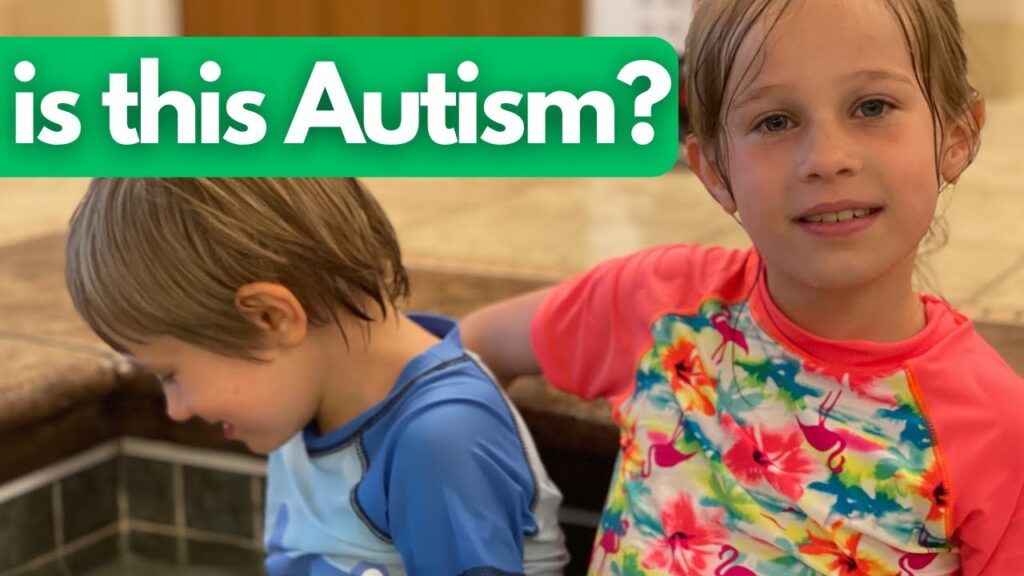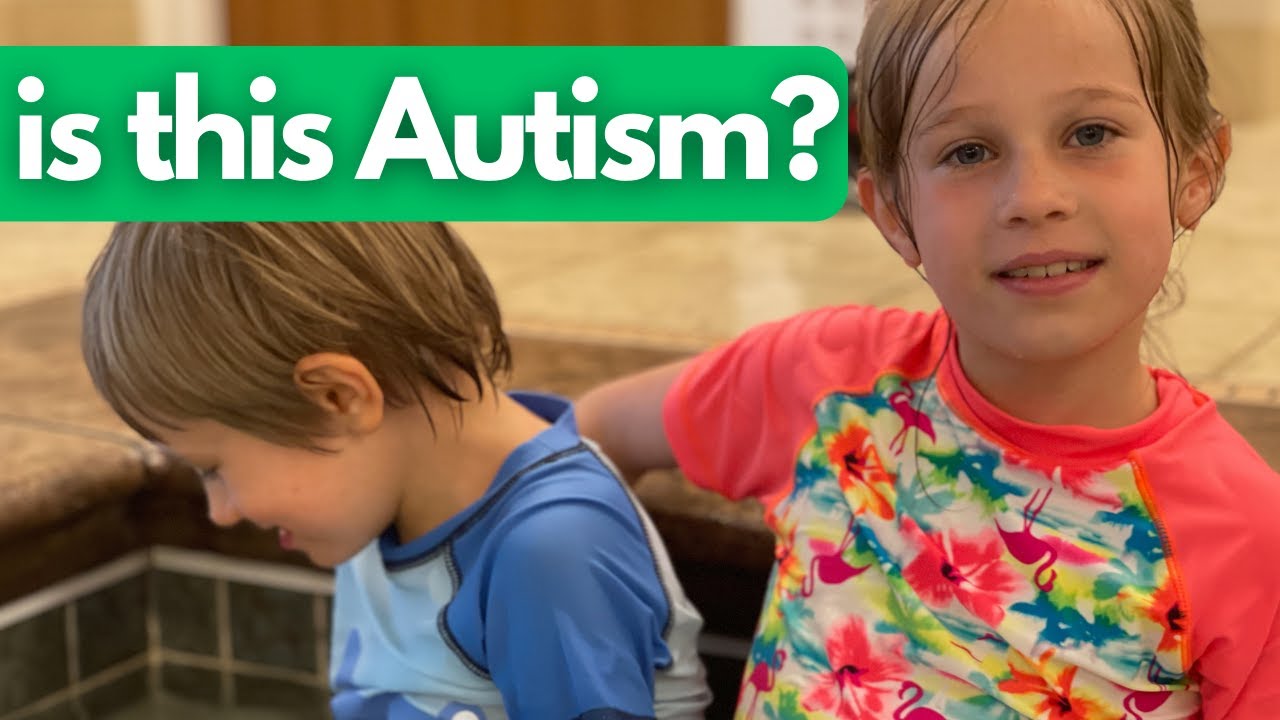
What Is a 5 Year Old Called? Understanding Developmental Milestones
Figuring out what a 5 year old is called isn’t just about finding a label; it’s about understanding a crucial stage of development. Five-year-olds are at a fascinating crossroads, transitioning from the world of toddlers to the more structured environment of school and advanced play. This article delves into the various terms used to describe a 5 year old, the key developmental milestones they typically achieve, and the best ways to support their growth during this exciting time. The term ‘five-year-old’ itself is the most common and straightforward way to refer to a child of this age, but other terms like ‘kindergartner’ or simply ‘child’ are also often used. Understanding what a 5 year old is called, and more importantly, what they are capable of, can greatly assist parents, educators, and caregivers in providing the right environment for their development. This article will provide a comprehensive overview of the 5 year old stage, including physical, cognitive, social, and emotional development.
Common Terms for a 5 Year Old
While the most direct answer to “what is a 5 year old called?” is simply that: a five-year-old, there are other terms you might hear, depending on the context:
- Preschooler/Kindergartner: Many 5 year old children are either finishing preschool or starting kindergarten. These terms are often used interchangeably, although kindergarten specifically refers to the first year of formal schooling.
- Child: A general term that applies to anyone who isn’t yet an adult.
- Little One/Kiddo: These are more affectionate, informal terms.
Developmental Milestones of a 5 Year Old
Understanding what a 5 year old is called is just the beginning. It’s crucial to be aware of the significant developmental leaps they are making during this period. These milestones are guidelines, and every child develops at their own pace. If you have concerns about your child’s development, consult with a pediatrician or child development specialist.
Physical Development
A 5 year old typically demonstrates improved gross motor skills, such as running, jumping, hopping, and skipping with greater coordination. Fine motor skills are also refined, allowing them to draw recognizable shapes, use scissors with increasing accuracy, and begin to tie their shoes. Their hand-eye coordination improves, making them better at catching and throwing balls. Expect a 5 year old to be quite active and energetic, needing plenty of opportunities for physical play.
Cognitive Development
Cognitively, a 5 year old is becoming more adept at problem-solving, understanding cause and effect, and following multi-step instructions. Their attention span is lengthening, allowing them to engage in activities for longer periods. They are also developing a stronger sense of time and can understand concepts like yesterday, today, and tomorrow. Counting skills improve, and they can typically count to 20 or higher. They also start to recognize some letters and may begin to read simple words. [See also: Early Childhood Education Benefits]
Social and Emotional Development
Socially and emotionally, a 5 year old is learning to navigate more complex social interactions. They are developing empathy and can understand the feelings of others. They are also learning to share, take turns, and cooperate in group settings. Emotional regulation is improving, but they may still experience occasional tantrums or outbursts, especially when tired or frustrated. Play becomes more imaginative and collaborative, often involving elaborate role-playing scenarios. Understanding how to support a 5 year old‘s social and emotional growth is critical for their overall well-being.
Supporting the Development of a 5 Year Old
Now that you know what a 5 year old is called and what milestones they are reaching, how can you best support their development?
- Provide opportunities for active play: Encourage outdoor activities like running, jumping, and playing games that promote physical coordination.
- Engage in creative activities: Provide art supplies, building blocks, and other materials that encourage creativity and imagination.
- Read aloud: Reading to your 5 year old helps to expand their vocabulary, improve their comprehension skills, and foster a love of reading.
- Encourage social interaction: Arrange playdates with other children, enroll them in group activities, and teach them how to share and cooperate.
- Provide a supportive and nurturing environment: Offer praise and encouragement, and help them to develop a sense of self-confidence.
- Foster independence: Allow them to make choices and take on age-appropriate responsibilities.
- Address emotional needs: Help them to identify and express their feelings in a healthy way.
Addressing Common Concerns
Parents often have questions and concerns about their 5 year old‘s development. Here are some common issues and how to address them:
Delayed Development
If you suspect your 5 year old is not meeting developmental milestones, talk to your pediatrician. Early intervention can make a significant difference. Remember that every child develops at their own pace, but professional guidance is important if you have concerns.
Behavioral Issues
Occasional tantrums and behavioral challenges are normal for a 5 year old. However, if these behaviors are frequent or severe, seek professional help. Consistency, clear expectations, and positive reinforcement can often help to address behavioral issues.
School Readiness
Preparing your 5 year old for school involves more than just academic skills. Focus on social and emotional skills, such as taking turns, following instructions, and working independently. Visit the school beforehand to familiarize them with the environment. Ensuring a 5 year old is ready for school can greatly impact their future success.
The Importance of Play
Play is essential for the development of a 5 year old. Through play, children learn to explore, experiment, and express themselves. Play also helps to develop social skills, problem-solving abilities, and creativity. Encourage unstructured play, where children can use their imaginations and create their own games and activities. [See also: Benefits of Unstructured Play]
Nutritional Needs of a 5 Year Old
A balanced diet is crucial for the physical and cognitive development of a 5 year old. Ensure they are getting plenty of fruits, vegetables, whole grains, and lean protein. Limit sugary drinks and processed foods. Consult with a pediatrician or registered dietitian for specific dietary recommendations.
Sleep Requirements for a 5 Year Old
5 year old children typically need 10-13 hours of sleep per night. Establishing a consistent bedtime routine can help to promote healthy sleep habits. A dark, quiet, and cool bedroom is ideal for sleep. Lack of sleep can affect behavior, attention, and overall health.
Conclusion
So, what is a 5 year old called? While they are simply called five-year-olds, understanding their developmental stage is far more important than just knowing the label. This is a time of significant growth and development across all domains – physical, cognitive, social, and emotional. By providing a supportive and nurturing environment, engaging in stimulating activities, and addressing any concerns promptly, you can help your 5 year old thrive and reach their full potential. Remember to celebrate their achievements, encourage their curiosity, and foster a love of learning. The 5 year old stage is a wonderful time of discovery and growth, and by understanding their needs and abilities, you can help them to navigate this exciting journey successfully. A 5 year old is on the cusp of many new adventures and learning experiences. By recognizing and supporting their development, we can set them up for a bright and successful future. And always remember, every 5 year old is unique and special in their own way.

